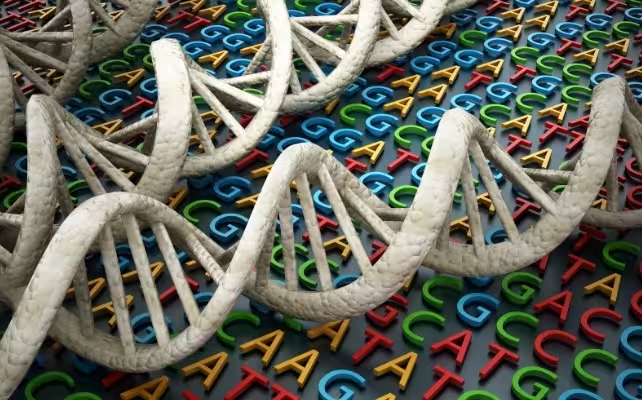3 Minutes
A large new genetic analysis led by Australia's Berghofer Medical Research Institute indicates that women carry substantially more genetic markers associated with clinical depression than men. The study examined the DNA of nearly 200,000 people diagnosed with major depressive disorder and identified sex-specific patterns in the genome that may help explain observed differences in how depression presents and responds to treatment.
Study design and key findings
Researchers performed one of the largest genome-wide association analyses for depression to date, comparing genetic variants—often called markers—that appear more frequently in individuals with the disorder. The team reported roughly 13,000 genetic markers linked with depression in females compared with about 7,000 markers in males.
The lead investigators highlighted that the overall genetic contribution to depression appears stronger in females than in males. "The genetic component to depression is larger in females compared to males," said researcher Jodi Thomas. The study was peer-reviewed and published in Nature Communications.

What the markers imply
Many associated variants are not deterministic genes but small-effect variants that together raise an individual's polygenic risk. Some differences implicated biological pathways involved in metabolism and hormone production, which could be relevant to symptoms commonly reported by women—such as weight changes or altered energy levels. "We found some genetic differences that may help explain why females with depression more often experience metabolic symptoms," Thomas added.
Context, limitations and clinical implications
Depression is one of the most common mental disorders worldwide; the World Health Organization estimates more than 300 million people live with it. Sex differences in prevalence and symptomatology have long been observed, with women diagnosed more frequently than men. This study provides genomic evidence that sex-specific biological factors contribute to that disparity, but it does not prove causation.
Important caveats include the complexity of gene-environment interactions and the fact that genetic markers identified by association studies often require functional validation. The research team and outside commentators stress that environmental, social, and hormonal factors also shape risk and course of illness.
Researcher Brittany Mitchell noted the potential for translating these findings into clinical practice: "The results could lead to changes in how depression is treated in women. Many medications and trials historically focused on male participants, so sex-specific research is essential for personalised care."

Implications for future research and treatment
The study supports further work to develop sex-informed risk models (polygenic risk scores) and to investigate whether specific biochemical pathways suggested by the genetics can be targeted therapeutically. Future directions include replication in diverse populations, functional studies to map how variants affect brain, metabolic and endocrine systems, and clinical trials that test whether treatments tailored by sex or genetic profile improve outcomes.
Conclusion
This large genetic study shows women with depression carry nearly twice as many associated genetic markers as men, highlighting sex-specific biological contributions to the disorder. While not definitive on causation, the results point toward more personalised, sex-aware research and treatment strategies for major depressive disorder.
Source: sciencealert


Leave a Comment